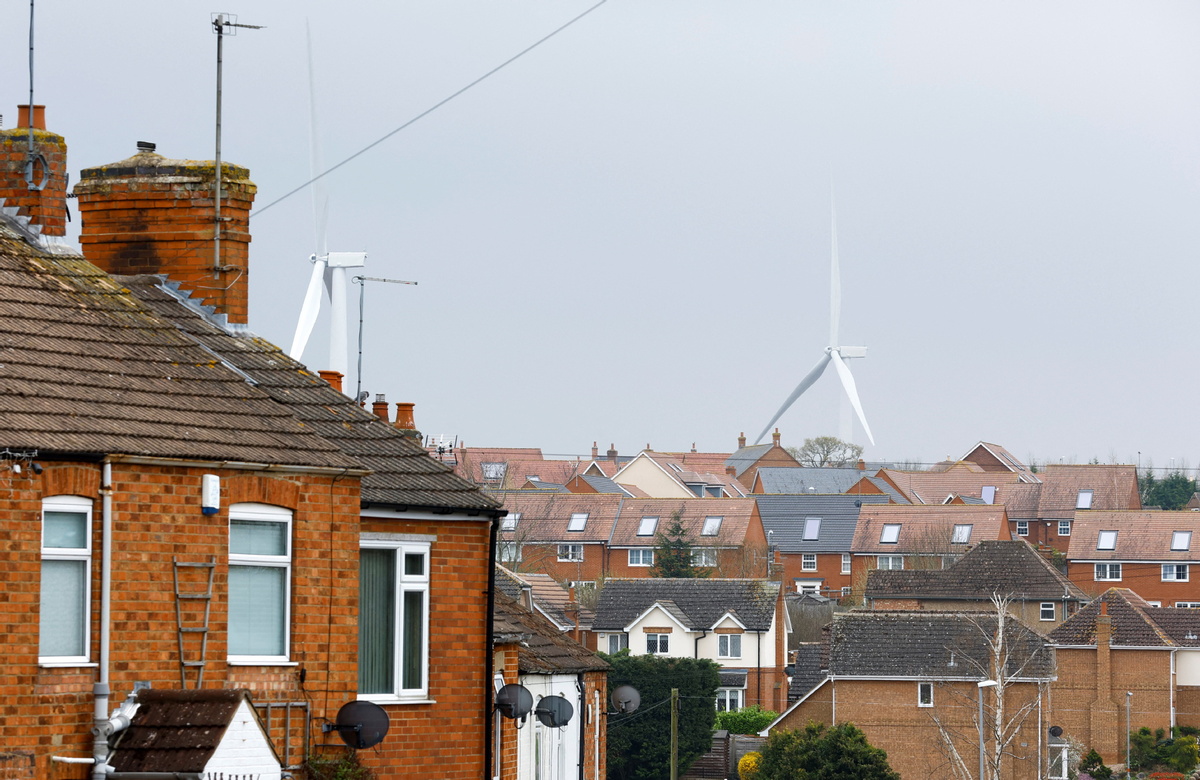Property price revival putting tenants at risk in UK
By JULIAN SHEA in London | China Daily Global | Updated: 2022-04-25 09:30

Tenants in England already coping with the sharp increase in the cost of living face another major challenge as a revival of the rental market after two years of being hit by the pandemic means some are struggling to afford to stay in their properties.
Housing regulations are different elsewhere in the United Kingdom, but across the country, rent is getting back to pre-pandemic levels. At the same time, however, few sitting tenants are finding themselves with additional income, leading to increased fears of eviction.
The Renters' Reform Bill, currently going through the legislative process, aims to introduce measures such as a national landlord register, giving more power to local authorities to protect the rights of renters, and scrapping the no-fault eviction power that landlords currently have under Section 21 of the 1988 Housing Act, which allows them to give tenants two months 'notice if a fixed-term contract comes to an end and no extension has been agreed.
The new measures were first proposed in April 2019 and mentioned in the Queen's Speech to Parliament, announcing upcoming government business, in May 2021. They were supposed to have been introduced in spring 2022 but there are suggestions they could be pushed back until later in the year.
London lettings agency Chestertons told The Guardian newspaper that the average monthly rent for its properties so far this year was 2,864 pounds ($3,678), an increase of 22 percent from 2019, the last year of normal business before the pandemic emerged.
Tenants in other property hotspots, like Manchester, are also finding themselves in increased danger of having to move on, but with its particularly competitive property market, London is seeing some of the most extreme examples.
Previously, Mayor Sadiq Khan has spoken of his desire to bring rent control to the capital, but so far without any success.
"Private renters make up nearly a third of everyone living in the capital and they are set to be hit by a devastating combination of price and bill rises," he said, before the recent increase in energy prices. "Too often the needs of private renters are ignored by both landlords and the government."
Campaign group Generation Rent says landlords are driving ever-harder bargains with tenants, such as demanding as much as 12 months' rent up front as part of a contract.
"Previously, it was happening with international students who might not have a guarantor, but it's increasingly being used as a security measure," said the organization's policy manager, Sophie Delamothe.
But landlords' representative group the National Residential Landlords Association, which has 90,000 members, says measures such as rent control might "deter investment" from owners.
The association's head of campaigns, Meera Chindooroy, said that many contributors to increases were inescapable factors such as energy prices, market forces and inflation, rather than anything landlords were adding on.
Many landlords, she told The Guardian, "won't look to raise rents" because it is "in their interests to keep tenants in the property if they've got a good relationship with them".
























